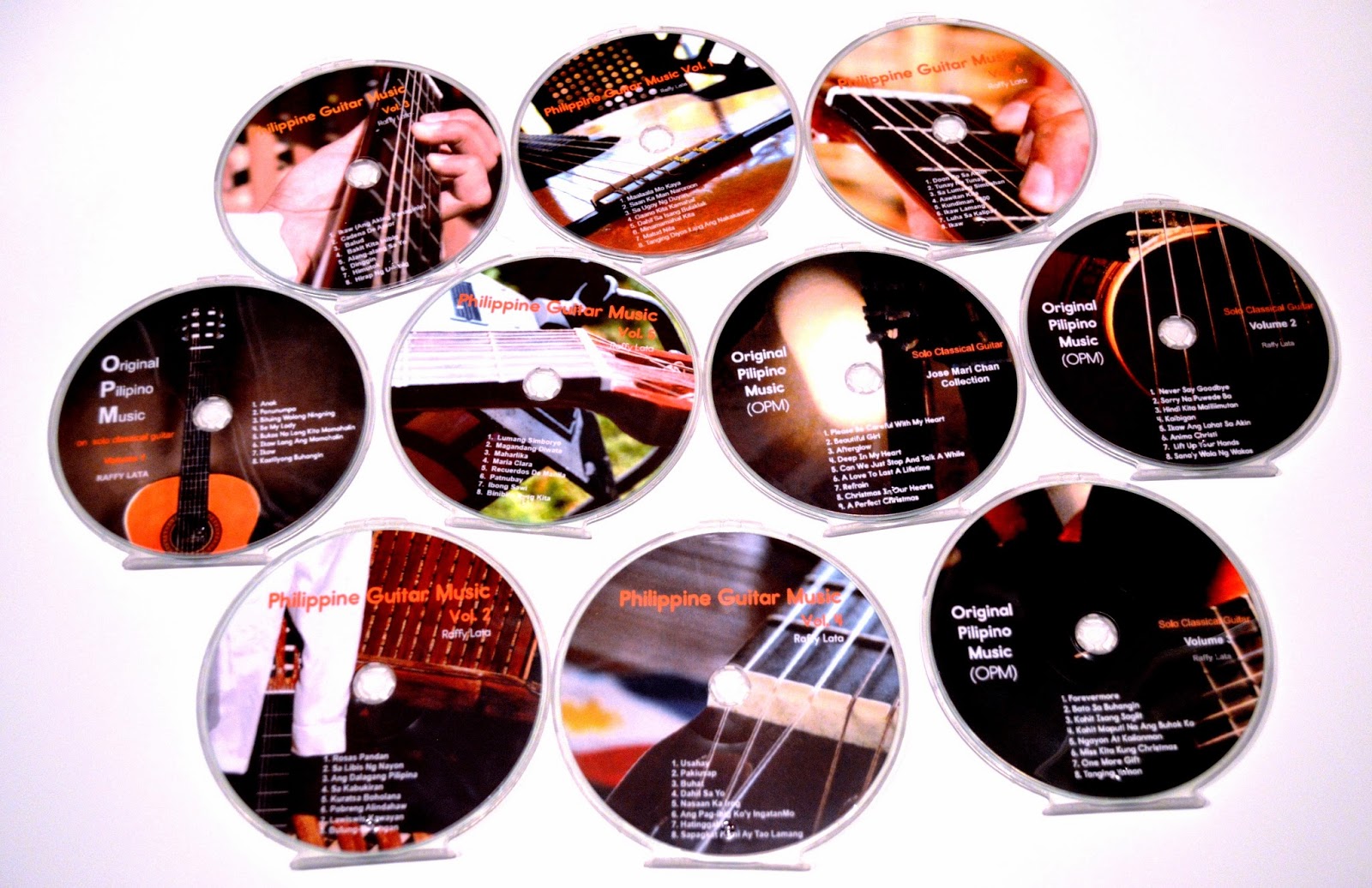My thoughts on performing live
Every morning during our student days at Pasig Catholic College (PCC), we would recite the Panatang Makabayan or "Patriotic Oath" after the flag ceremony. When we reached high school, each one of us was required to lead the oath for the entire school. I think the way they picked the student was by section/class and students' last names in alphabetical order, but you wouldn't really know or care, so your teacher will just tell you right at that minute that it's your turn. If you were tapped on the shoulder, you would be directed to go to the Principal's office because that's where the microphone was. The oath itself was typed on a piece of paper and taped on the wall so you literally just had to read it. The Vice Principal would even point to the line while you are reading it so you wouldn't get lost. However, just imagine a high school kid who had never led anything before and would then suddenly hear his loud voice over the PA system for the first time. The outcome wasn't always good. While some did well, the nerves almost always got to us and it resulted in a different type of comedy everyday. Some kids stopped in the middle of the oath and never continued, a few peppered their oath with "Po" in almost every line (we Filipinos add that word in our sentences to show respect to our elders), some kids flipped or skipped the lines of the oath (not sure how that could happen but it did), other's voices quivered violently, and with puberty setting in, other's voices cracked...and many more. We would often try to guess who was leading the oath and it wasn't hard to recognize the voice because we've been together since we were little munchkins in grade school and knew each other fairly well. I literally couldn't remember my own experience, but suffice it to say it didn't scar me for life.
Similarly, performing music in front of people, especially those you don't know, can be gratifying and horrifying at the same time. It always strikes me how even the most seasoned pros can mess up their performance. Performing live is an acquired taste and unless you were born into a family of circus performers, you will have to learn to cope with the stresses of performing on your own. It takes a while to get used to it and even after doing it so many times, each performance is always a unique experience.
Here are some things to keep in mind before, during and after performing:
- Practice as if you're performing. Play your entire program while practicing so you can connect each piece and weave a story.
- Never practice your mistakes. Make every effort to correct them because whatever you practice is what will show up on stage.
- Record your practice. Performing in front of a camera is sometimes akin to playing in front of a group of people. Just the knowledge that your performance is being recorded invokes the same fear and nervousness as when you perform on stage.
- Warm up before you get up on stage, but do not overdo it. A few exercises or a simple piece will do the trick.
- Never perform on an empty stomach. Eat at least an hour before performing so you'll have the energy to finish the program.
- Talk to people around you before getting up on stage. It helps to relax when you establish a connection with other performers and with the people who organized the show, as well as the stagehands who keep the lights and PA operating flawlessly.
- Just before performing, clear your mind and stop thinking about "this and that section of the piece". It will all come together during performance if you practiced hard.
- Keep your hands warm all the time. Cold hands never work.
- Tune your guitar before going up on stage. Spending a lot of time tuning your instrument in front of an audience is unprofessional and annoying.
- Talk to the audience before playing, don't just sit down and start playing. Establish a communication path between you and the audience so they can relate to your performance and you can in turn convey the emotions of your music to them. Rock stars do this, so why not classical musicians?
- Never let your mind wander while performing. Focus is essential to getting through each piece.
- Remember to breathe while playing. It's not that you are not breathing at all, but your performance will sound labored if you look tense and uncoordinated due to lack of oxygen.
- Never scold yourself on stage when you make a mistake, it becomes obvious to the audience. In short, do not grunt, shake your head or make a face if you slip.
- If you are not comfortable playing a piece in your program, skip it or play something else. If the audience complains afterwards, have them hail you to court.
- Always thank the audience after playing. Don't just stand up, take a half-bow and leave - only 5 year olds do that. No matter how you fared in your performance, always be gracious and appreciative that people took the time and patience to sit through your program.
- If people compliment you later, never resort to humble-bragging (look it up, there are tons of examples). Just say "Thanks. I'm glad you liked it".
- After the adrenaline dissipates, your energy level will crash and you'll feel a little regretful that you ever performed. Instead of moping around, get out and do something unrelated to guitar or to music so you can recover your mojo.
- Lather, rinse, repeat.





Comments
Post a Comment